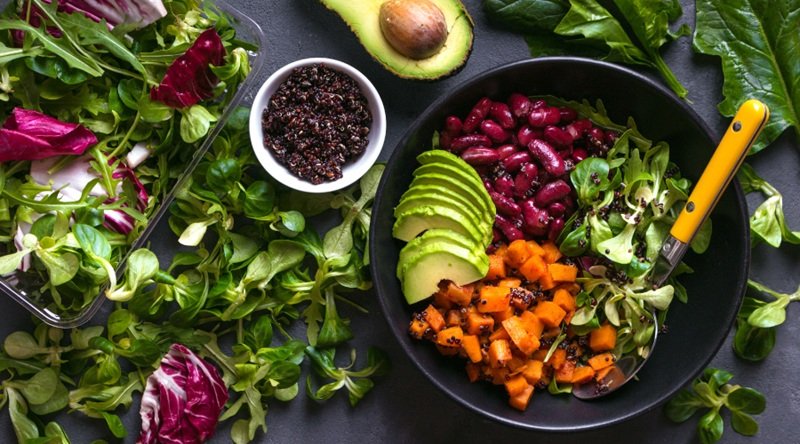Vibrant Vegetarian Healthy Heart Plan: The Ultimate Guide to a Stronger Heart
Why Choose a Vegetarian Diet for Heart Health
A vegetarian diet is naturally low in saturated fat and cholesterol. It’s rich in fiber, antioxidants, and plant-based nutrients. These factors work together to reduce your risk of heart disease. Choosing vegetarian meals can significantly lower blood pressure and improve overall heart function.
Heart-Boosting Vegetarian Foods You Must Eat
1. Leafy Greens for Vascular Strength
Spinach, kale, and collards are packed with vitamin K. This supports healthy arteries and prevents calcium buildup in your blood vessels. These greens also contain nitrates, which improve blood flow and reduce blood pressure.
2. Berries to Fight Inflammation
Blueberries, strawberries, and raspberries are rich in polyphenols. These antioxidants protect the heart by reducing oxidative stress and inflammation. Just one cup a day can make a noticeable difference.
3. Whole Grains for Lower Cholesterol
Oats, quinoa, barley, and brown rice provide soluble fiber. This helps lower LDL cholesterol—the bad type that clogs arteries. Replace refined grains with whole grains to protect your heart naturally.
4. Nuts and Seeds for Healthy Fats
Almonds, walnuts, flaxseeds, and chia seeds are high in omega-3 fatty acids. These plant-based fats help lower triglyceride levels and inflammation. A small handful daily is enough.
5. Legumes for Plant-Based Protein
Lentils, beans, and chickpeas offer protein without the saturated fat found in meat. They’re also full of potassium and magnesium—essential minerals that regulate blood pressure.

Simple Vegetarian Meals for a Happy Heart
Breakfast Ideas
-
Oatmeal with flaxseeds and fresh berries
-
Avocado toast on whole-grain bread
-
Smoothie with spinach, banana, and almond milk
Lunch Options
-
Lentil and vegetable soup
-
Quinoa salad with chickpeas and cucumbers
-
Stir-fried tofu with broccoli and brown rice
Dinner Recipes
-
Grilled eggplant with barley and tomato sauce
-
Stuffed bell peppers with black beans and quinoa
-
Sweet potato curry with spinach and lentils
Read More: How to Make the Best Chocolate Chip Cookies Without Brown Sugar
Lifestyle Habits to Pair with Your Vegetarian Plan
Exercise Regularly
At least 30 minutes of moderate activity five times a week helps maintain a healthy heart. Walking, swimming, or cycling are great options.
Stay Hydrated
Water supports blood circulation and nutrient absorption. Aim for eight glasses daily.
Limit Processed Foods
Even vegetarian foods can be processed and high in salt or sugar. Choose whole foods whenever possible.
Manage Stress
Meditation, yoga, or deep breathing can lower cortisol levels. Less stress means lower blood pressure and a happier heart.
Supplements to Support Your Heart on a Vegetarian Diet
-
Vitamin B12: Essential for nerve and heart function
-
Omega-3 from algae: A great plant-based alternative to fish oil
-
Iron: Helps with oxygen transport, especially for active vegetarians
-
Magnesium: Regulates heartbeat and blood pressure
Final Thoughts
A vibrant vegetarian diet can strengthen your heart and boost your energy. By making smart food choices and pairing them with healthy habits, you’re setting the stage for lifelong wellness. Start small, stay consistent, and feel the difference.
